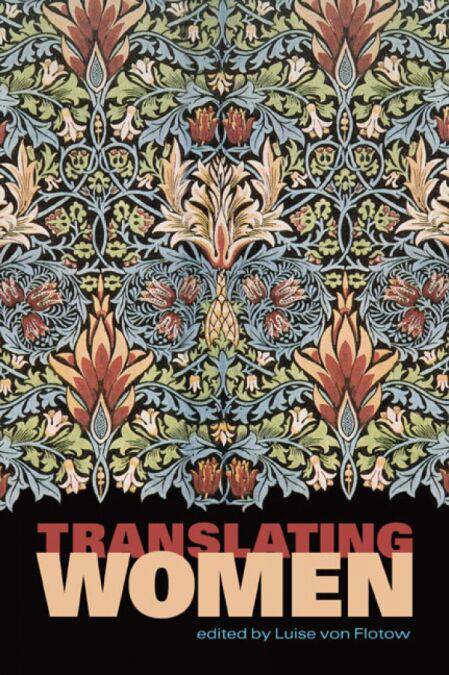
- Afhalen na 1 uur in een winkel met voorraad
- Gratis thuislevering in België vanaf € 30
- Ruim aanbod met 7 miljoen producten
- Afhalen na 1 uur in een winkel met voorraad
- Gratis thuislevering in België vanaf € 30
- Ruim aanbod met 7 miljoen producten
Zoeken
Translating Women E-BOOK
€ 13,99
+ 13 punten
Uitvoering
Omschrijving
Feminist theory has been widely translated, influencing the humanities and social sciences in many languages and cultures. However, these theories have not made as much of an impact on the discipline that made their dissemination possible: many translators and translation scholars still remain unaware of the practices, purposes and possibilities of gender in translation. Translating Women revives the exploration of gender in translation begun in the 1990s by Susanne de Lotbinière-Harwood’s Re-belle et infidèle/The Body Bilingual (1992), Sherry Simon’s Gender in Translation (1996), and Luise von Flotow’s Translation and Gender (1997). Translating Women complements those seminal texts by providing a wide variety of examples of how feminist theory can inform the study and practice of translation. Looking at such diverse topics as North American chick lit and medieval Arabic, Translating Women explores women in translation in many contexts, whether they are women translators, women authors, or women characters. Together the contributors show that feminist theory can apply to translation in many new and unexplored ways and that it deserves the full attention of the discipline that helped it become internationally influential.
Specificaties
Betrokkenen
- Uitgeverij:
Inhoud
- Aantal bladzijden:
- 360
- Taal:
- Engels
- Reeks:
Eigenschappen
- Productcode (EAN):
- 9780776619507
- Verschijningsdatum:
- 8/03/2011
- Uitvoering:
- E-book
- Formaat:
- ePub

Alleen bij Standaard Boekhandel
+ 13 punten op je klantenkaart van Standaard Boekhandel
Beoordelingen
We publiceren alleen reviews die voldoen aan de voorwaarden voor reviews. Bekijk onze voorwaarden voor reviews.










